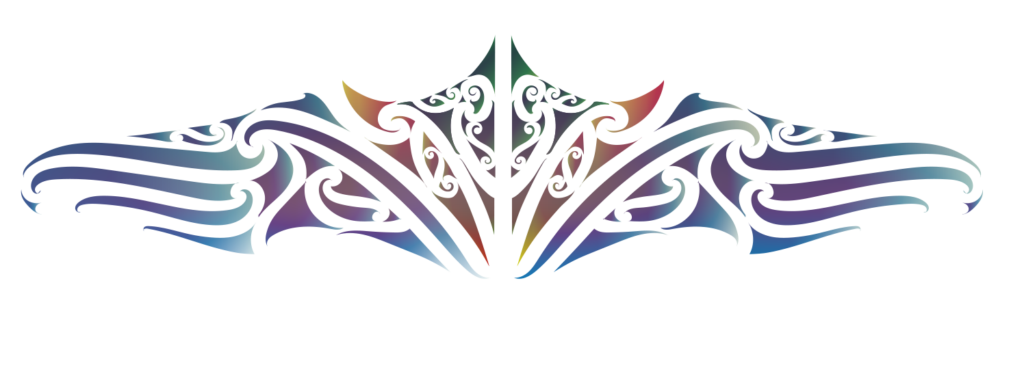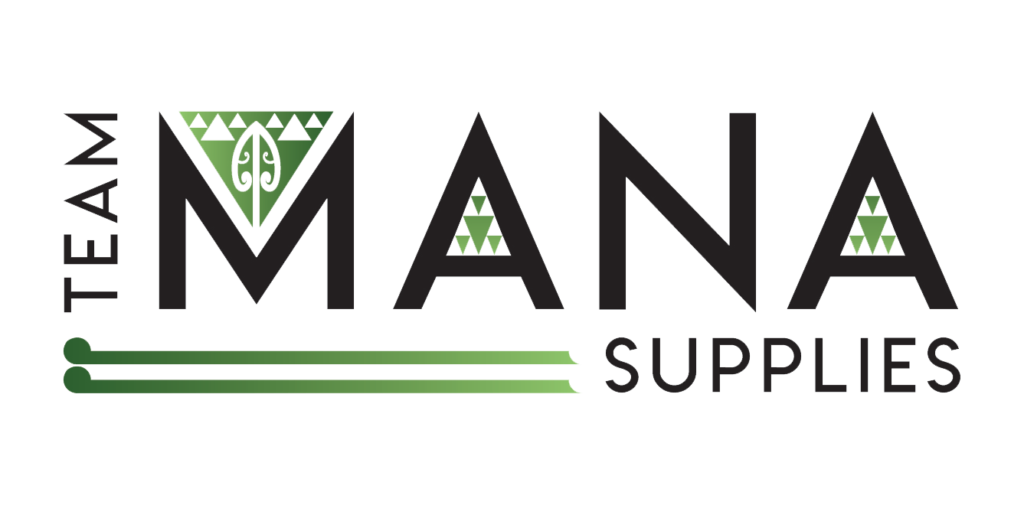Food is Medicine
Indigenous Australians view health holistically in terms of complete Social and Emotional Wellbeing (SEWB). This includes connection to land (Country), culture (including food and medicine), ancestry, and family connections, all of which, influence individual and community health. Food is medicine: is a saying often heard among Indigenous people; meaning a healthy diet equals a healthy person. However traditional plants are much more than food; they are used as medicines.
Colonisation has taken much from Indigenous Australians including some Knowledge Systems. These disruptions led to poorer SEWB. Strengthening these connections and revitalizing cultural identity through food and medicine, is argued to result in higher SEWB. There is little research into the barriers to maintenance and transmission of traditional plant-based food and medicinal knowledge.
Our presentation will focus on our examination of the perspectives and experiences of Elders of the Ngunnawal and Yuin nations regarding the traditional food and medicinal plant knowledge retained, and its current usage.
Our hypothesis that knowledge of plant identification and use has been retained by Elders, was consistent with our results. Elders also wanted to engage in traditional plant use practices and to pass this knowledge onto the next generation. Barriers to knowledge acquisition and dissemination to younger generations was reported, as were challenges navigating Aboriginal and non-Aboriginal expectations of plant use and preparation.
Further research should be undertaken to determine how to overcome barriers to Traditional Knowledge, with the goal of forming a more inclusive framework to record and protect Traditional Knowledge with regards to plants.




